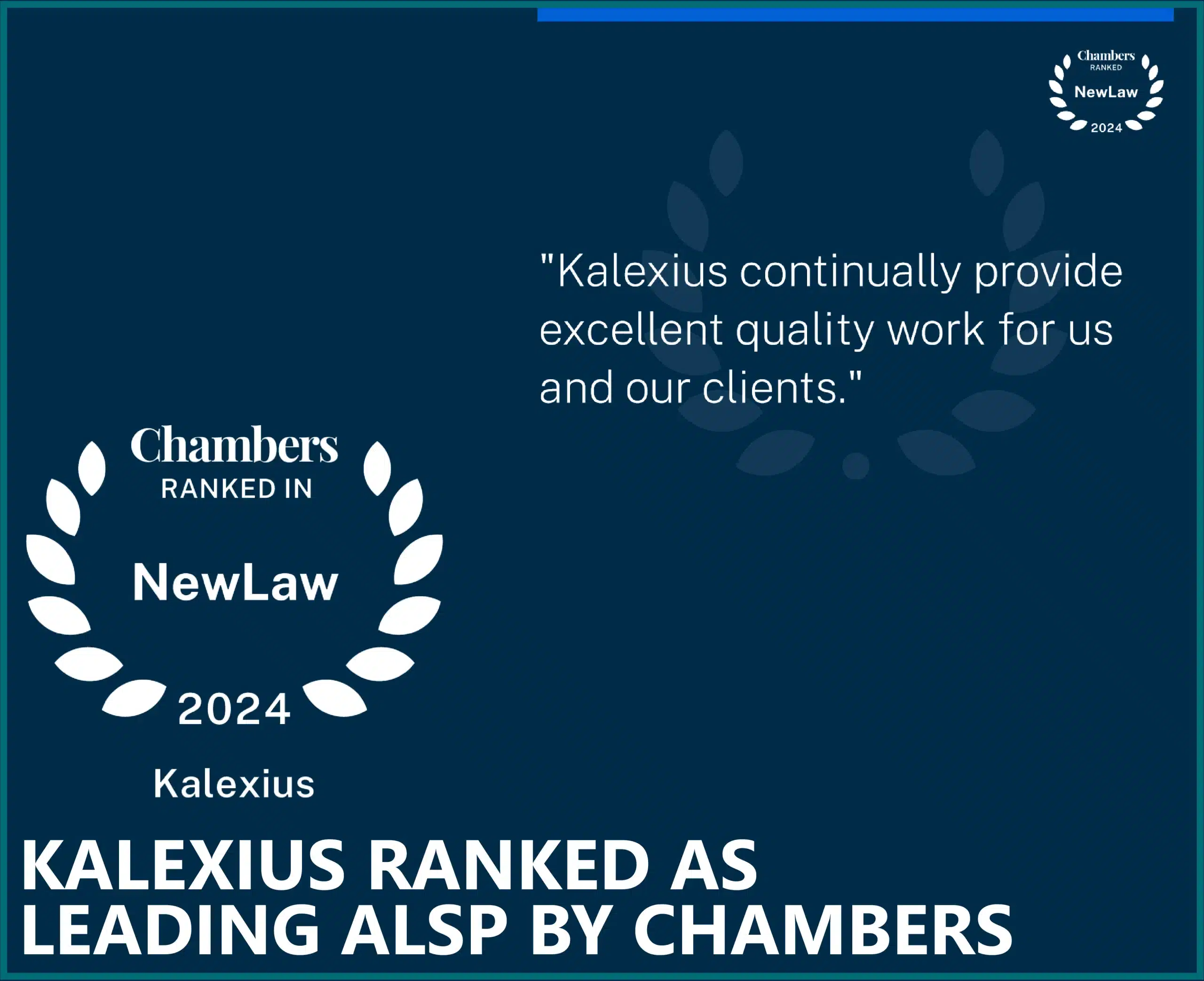Managing legal entities across several jurisdictions is a challenge but failing to keep up can have serious consequences.

Legal departments of multinational corporations usually manage multiple entities in many jurisdictions and some jurisdictions are more difficult to handle than others.
Language, lack of responsiveness or complex local administration requirements are all common issues. These are some of the tips we use at Kalexius to successfully manage legal entities for our clients.
#1. Make sure that legal is working for and with the business
Legal departments should set up easy communication channels with the business, to make sure both are aligned and aware of their respective priorities and obligations.
Legal should always be working for business needs and on business priorities. By the same token, business units must keep the lawyers informed of what is happening in respect of local entities (e.g. a local manager leaving the company). The aim is to ensure the business understands that the requirements and deadlines set by legal are needed to comply with local obligations.
#2. Always remember basic principles of entity management
All jurisdictions will require similar actions, e.g. annual reports regarding financial statements.
These actions may however translate into diverse steps and legal documents. Some jurisdictions will require a detailed calendar of events and a process to approve financial statements. However others, will be much more basic and only require the directors’ signature on the statements.
In any case, don’t presume the legal culture you are used to applies in other jurisdictions. Adapting to and learning about other legal cultures is required in order to efficiently manage local entities.
#3. Audit legal entities maintenance status
Health checks are essential for optimal legal entity management. To make sure that all your entities are in good standing, it is best practice to undertake a corporate health check and identify any immediate remediation required.
Some smaller entities may not be of relevance for the business and may have been neglected over the years. These entities may need a lot of work to return them to good standing. In some jurisdictions, the simple act of finding and collating corporate records may be a challenge.
Failure to keep smaller entities in good standing can become an immediate and visible issue for the business when sales strategy changes.
In the same way, if a set of entities represents a historical trading strategy which is no longer relevant to the business, redundant entities should be eliminated to reduce the risk of non-compliance.
#4. Build an annual calendar of events
Building an annual plan of events for all your corporate entities is a good way to meet deadlines, including year-end formalities, and keep your entities in good standing. This annual plan should be regularly updated – local legal teams or external advisers can help with changes to local regulations.
#5. Use technology to streamline your processes and gather all information
Legal entity management for multinational corporations is complex and tools are a great help to achieve compliance with local obligations.
At Kalexius, we use entity management software to ensure data is up to date and accessible. Useful information is available at a glance – for example org charts and authorized signatories.
Software also helps to limit risk as it is easier to spot if anything is missing in relation to the corporate record i.e. there will be a missing field.
At Kalexius, we also use a project management tool such that tasks are allocated to owners with completion dates. The team can follow, via a dashboard, all tasks that are ongoing and those that will need to be done soon. This is particularly useful in jurisdictions where the filing process takes a long time.
Tools are also great for reporting to the business and for workload management.
BONUS TIP!
We mentioned five tips, but this is a bonus tip to consider: outsourcing legal entity management can be incredibly useful if you’re juggling many different entities. Outsourcing with ALSPs such as Kalexius could provide you with cost savings and more efficient compliant processes.


